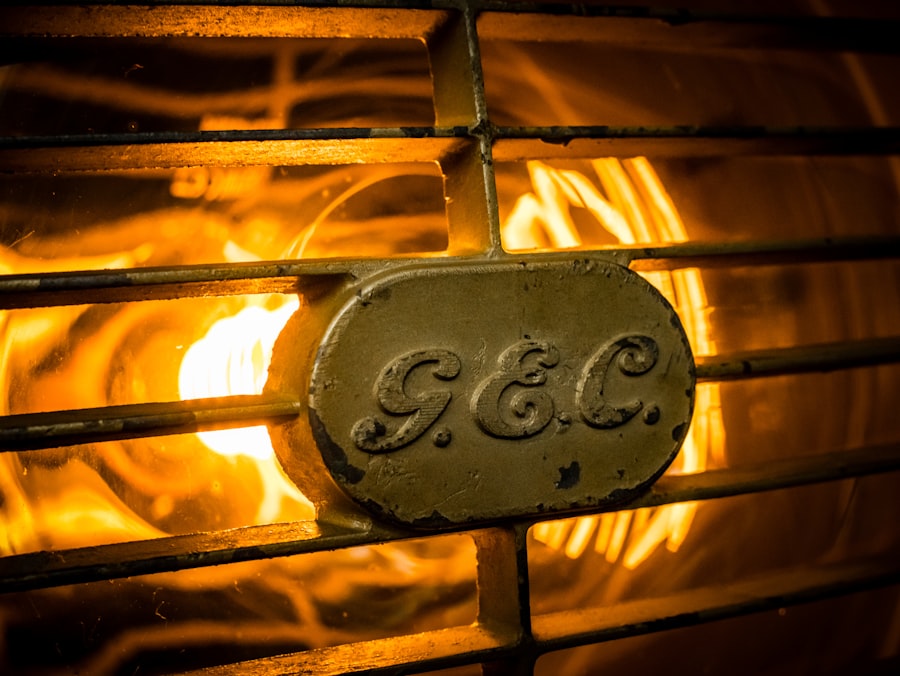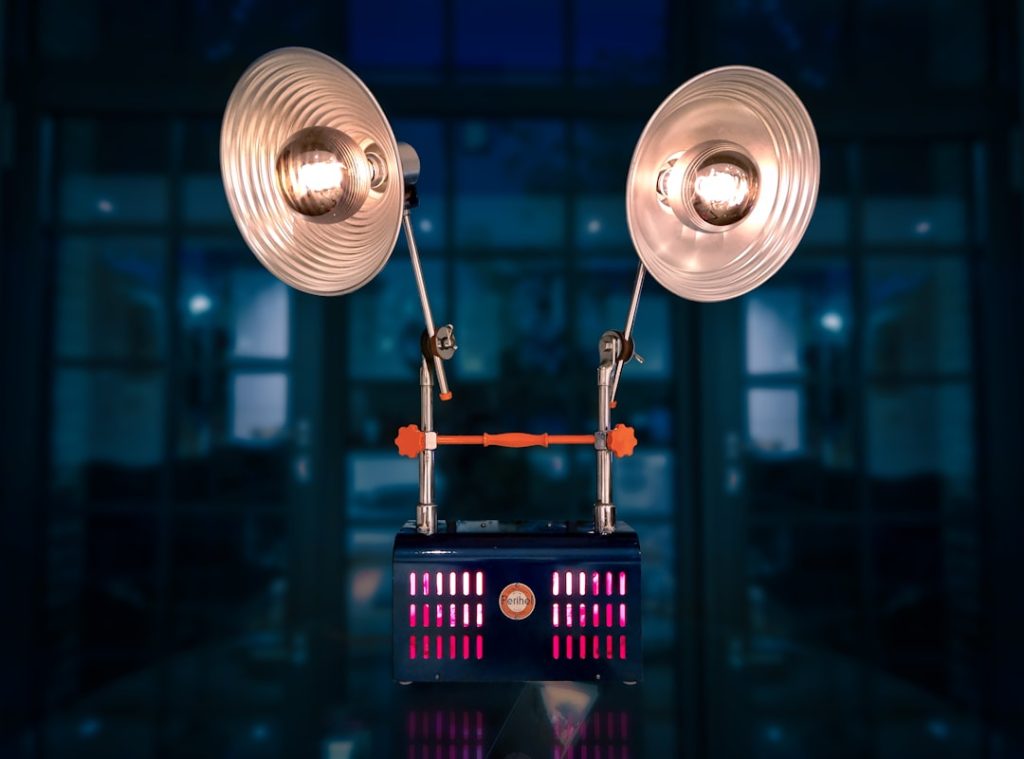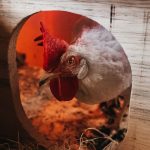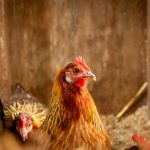Chickens have specific requirements for cold weather survival, and understanding these needs is essential for maintaining a healthy flock during winter. Although chickens are generally resilient, they can be vulnerable to low temperatures without proper care and shelter. Cold weather can cause stress in chickens, potentially leading to reduced egg production, weight loss, and mortality if not managed correctly.
It is important to recognize signs of cold stress in chickens, including shivering, huddling, and decreased activity. Providing a warm, dry environment is crucial for chickens to thrive in cold conditions. However, adequate ventilation in the coop remains necessary even during winter to maintain air quality and prevent moisture buildup, which can cause respiratory issues and frostbite.
Natural light exposure is also vital for chickens in winter, as it helps regulate their circadian rhythms and can positively influence their mood and behavior. By addressing these specific needs, chicken owners can ensure their flocks remain healthy and comfortable throughout the cold season.
Table of Contents
- 1 Providing Proper Shelter for Chickens in Freezing Weather
- 2 Using Heat Lamps and Heaters Safely
- 3 Insulating the Coop and Run
- 4 Providing Warm Bedding and Nesting Material
- 5 Offering Warm Water and Nutritious Food
- 6 Monitoring and Adjusting for the Changing Weather
- 7 FAQs
- 7.1 What are the best ways to keep chickens warm in freezing weather?
- 7.2 How can I insulate my chicken coop to keep it warm in freezing weather?
- 7.3 Is it safe to use heat lamps or heated pads to keep chickens warm in freezing weather?
- 7.4 What should I consider when using heat lamps or heated pads for chickens in freezing weather?
- 7.5 How can I provide good ventilation in the chicken coop while keeping it warm in freezing weather?
Key Takeaways
- Chickens need extra care in cold weather to stay healthy and comfortable
- Proper shelter is essential to protect chickens from freezing temperatures
- Heat lamps and heaters should be used with caution to prevent fires and injuries
- Insulating the coop and run helps to retain heat and keep chickens warm
- Providing warm bedding and nesting material helps chickens stay cozy and comfortable
- Warm water and nutritious food are important for maintaining chickens’ health in cold weather
- Regular monitoring and adjustments are necessary to ensure chickens are safe and comfortable as the weather changes
Providing Proper Shelter for Chickens in Freezing Weather
Insulation and Temperature Control
The coop should be well-insulated to retain heat and protect the chickens from the cold. Insulation can help maintain a comfortable temperature inside the coop and reduce the risk of frostbite.
Draft-Proofing and Ventilation
Additionally, the coop should be draft-free to prevent cold air from entering and causing discomfort to the chickens. It’s important to seal any gaps or cracks in the coop to ensure it is airtight and well-protected from the elements.
Space and Comfort
In addition to insulation and draft-proofing, it’s essential to provide adequate space for your chickens to roost and move around comfortably. Overcrowding can lead to stress and aggression among the flock, so it’s important to ensure there is enough space for all of your chickens. Providing perches for roosting can also help keep the chickens off the cold ground and provide them with a comfortable place to rest.
Coop Maintenance and Hygiene
Lastly, it’s important to keep the coop clean and dry to prevent moisture buildup, which can lead to respiratory issues and frostbite. By providing proper shelter for your chickens in freezing weather, you can help ensure their comfort and well-being during the winter months.
Using Heat Lamps and Heaters Safely

Heat lamps and heaters can be valuable tools for keeping chickens warm in freezing weather, but it’s essential to use them safely to prevent fires and injuries. When using heat lamps or heaters in the coop, it’s crucial to follow the manufacturer’s instructions and use them only as directed. It’s important to keep heat sources away from flammable materials and ensure they are securely mounted to prevent them from falling and causing a fire.
Additionally, it’s essential to regularly inspect heat lamps and heaters for any signs of wear or damage and replace them as needed. It’s also important to consider the electrical safety of using heat lamps and heaters in the coop. Ensure that all electrical cords are in good condition and are not at risk of being damaged by the chickens or other animals.
Using a ground fault circuit interrupter (GFCI) can provide an extra layer of protection against electrical hazards. It’s also important to monitor the temperature inside the coop regularly when using heat lamps or heaters to ensure it remains at a safe and comfortable level for the chickens. By using heat lamps and heaters safely, you can provide your chickens with the warmth they need while minimizing the risk of accidents or injuries.
Insulating the Coop and Run
Insulating the coop and run is essential for protecting chickens from freezing temperatures and harsh weather conditions. Insulation helps retain heat inside the coop, keeping the chickens warm and comfortable during the winter months. There are several options for insulating a chicken coop, including adding insulation panels or using materials such as straw or hay to create a barrier against the cold.
It’s important to insulate the walls, ceiling, and floor of the coop to provide comprehensive protection from the elements. In addition to insulating the coop, it’s also important to insulate the chicken run to provide a comfortable outdoor space for the flock. Adding a windbreak or tarp around the perimeter of the run can help protect the chickens from cold winds and snow.
Providing a covered area within the run can also offer protection from precipitation while allowing the chickens to get some fresh air and exercise. Insulating both the coop and run is essential for creating a warm and comfortable environment for your chickens during freezing weather.
Providing Warm Bedding and Nesting Material
Providing warm bedding and nesting material is crucial for keeping chickens comfortable and protected from cold weather. Bedding such as straw, hay, or wood shavings can provide insulation against the cold ground and help retain heat inside the coop. It’s important to regularly clean and replace bedding to prevent moisture buildup, which can lead to respiratory issues and frostbite.
Additionally, providing nesting material such as straw or shredded paper can help keep eggs warm and protected from the cold. In addition to providing warm bedding and nesting material inside the coop, it’s important to offer a comfortable nesting box for your hens to lay their eggs. A well-insulated nesting box with plenty of clean bedding can provide a warm and cozy space for hens to lay their eggs during freezing weather.
By providing warm bedding and nesting material, you can help ensure your chickens are comfortable and protected from the cold.
Offering Warm Water and Nutritious Food

Access to Fresh Water is Crucial
Chickens require access to fresh water at all times, even in cold temperatures. It’s essential to regularly check waterers for ice buildup and provide warm water to prevent dehydration.
Preventing Water from Freezing
Using heated waterers or adding warm water to waterers throughout the day can help prevent water from freezing and ensure your chickens stay hydrated.
Nutritious Food for Optimal Health
In addition to warm water, it’s important to provide nutritious food to help keep chickens healthy during freezing weather. Chickens require a balanced diet that includes protein, carbohydrates, vitamins, and minerals to support their overall health and immune function. Offering high-quality feed that is formulated for cold weather can help provide your flock with the nutrients they need to stay healthy during the winter months. Additionally, offering treats such as mealworms or scratch grains can provide extra energy for chickens during cold weather.
Monitoring and Adjusting for the Changing Weather
Monitoring the changing weather conditions is essential for ensuring the health and well-being of your chickens during freezing weather. It’s important to regularly check the temperature inside the coop and run to ensure it remains at a comfortable level for your flock. Using a thermometer can help you monitor temperature fluctuations and make adjustments as needed.
Additionally, it’s important to pay attention to weather forecasts and be prepared for extreme weather events such as blizzards or ice storms. Taking proactive measures such as adding extra insulation or providing additional heat sources can help protect your flock from harsh weather conditions. It’s also important to regularly check on your chickens throughout the day to ensure they are comfortable and healthy.
In conclusion, understanding the needs of chickens in cold weather is essential for providing them with proper care and shelter during freezing temperatures. By insulating the coop and run, providing warm bedding and nesting material, offering warm water and nutritious food, and monitoring and adjusting for changing weather conditions, you can help ensure your flock stays healthy and comfortable during the winter months. With proper care and attention, your chickens can thrive even in freezing weather.
If you’re looking for ways to keep your chickens warm in freezing weather, you might also be interested in learning how to turn a shed into a chicken coop. This article from Poultry Wizard provides helpful tips and guidance on transforming a shed into a cozy and insulated space for your feathered friends. Check it out here.
FAQs
What are the best ways to keep chickens warm in freezing weather?
Some effective ways to keep chickens warm in freezing weather include providing a well-insulated coop, using heat lamps or heated pads, and ensuring good ventilation while avoiding drafts.
How can I insulate my chicken coop to keep it warm in freezing weather?
Insulate the chicken coop by using materials such as straw, hay, or wood shavings on the floor, sealing any drafts, and adding insulation to the walls and ceiling. This will help retain heat and keep the chickens warm.
Is it safe to use heat lamps or heated pads to keep chickens warm in freezing weather?
Yes, it is safe to use heat lamps or heated pads to keep chickens warm in freezing weather, as long as they are installed properly and monitored regularly to prevent any fire hazards.
What should I consider when using heat lamps or heated pads for chickens in freezing weather?
When using heat lamps or heated pads for chickens in freezing weather, it is important to ensure they are securely installed to prevent any accidents, and to place them in a way that the chickens can access the warmth without getting too close and risking burns.
How can I provide good ventilation in the chicken coop while keeping it warm in freezing weather?
To provide good ventilation in the chicken coop while keeping it warm in freezing weather, consider adding vents near the roof to allow warm, moist air to escape, while still preventing drafts from entering the coop. This will help maintain a healthy environment for the chickens.
Meet Walter, the feathered-friend fanatic of Florida! Nestled in the sunshine state, Walter struts through life with his feathered companions, clucking his way to happiness. With a coop that’s fancier than a five-star hotel, he’s the Don Juan of the chicken world. When he’s not teaching his hens to do the cha-cha, you’ll find him in a heated debate with his prized rooster, Sir Clucks-a-Lot. Walter’s poultry passion is no yolk; he’s the sunny-side-up guy you never knew you needed in your flock of friends!







